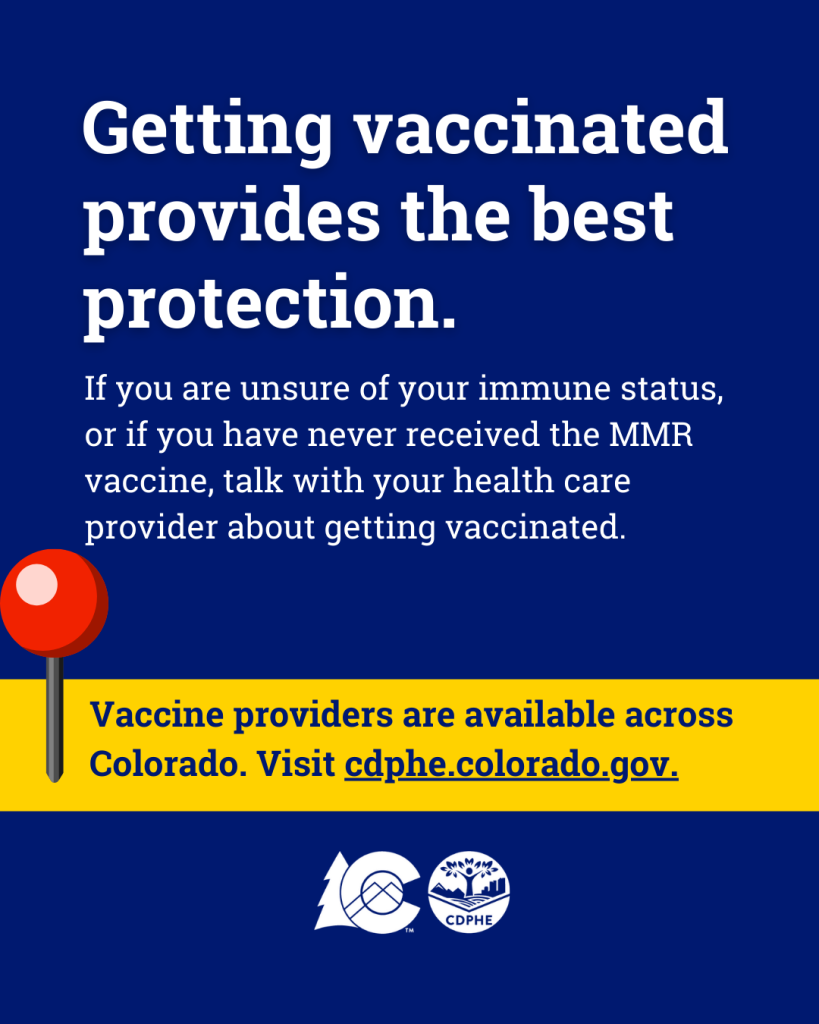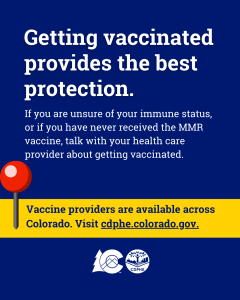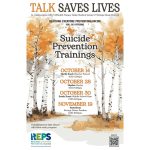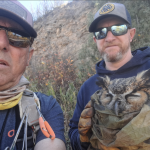Wastewater surveillance detects measles in Steamboat Springs
Colorado has 31 confirmed cases so far this year

The Routt County Public Health department has reported the presence of measles in the waste stream from the Steamboat Springs Wastewater Treatment Plant.
The detection at the plant, which serves the city and parts of Routt County, was reported Oct. 13, according to a county news release.
The public health department has not confirmed any cases of measles in residents of Routt County or surrounding areas, the news release added.
“Detection in wastewater does not necessarily indicate an active case or current exposure risks in the community, but it can suggest viral shedding from one or multiple people with a recent measles infection who live, visited or traveled through Routt County,” according to the county’s statement. “Measles can be detected in urine up to 14 days after a rash onset in someone with measles.”
Routt County is participating in the Colorado Department of Public Health and Environment’s program for public wastewater surveillance. The program collaborates with wastewater utilities to test for infectious pathogens, including the three viruses that cause most respiratory illnesses common in the fall and winter season — influenza, respiratory syncytial virus or RSV, and COVID-19.
The CDPHE announced the addition of measles surveillance data last week to its publicly available Wastewater Surveillance Data Dashboard.
A person is considered infectious with measles for four days before symptoms appear and four days after a rash onset, explained Roberta Smith, director of Routt County Public Health.
Smith said the wastewater finding represents a “call to action” for residents to watch for symptoms, notify their doctor if they have measles symptoms before showing up at the clinic, check their vaccination status and get vaccinated if necessary — especially if planning to travel.
Smith said statistics show Routt County schoolchildren from kindergarten through high school currently have a 95% measles vaccination rate. The rate for kindergarten students alone is currently 94%. Colorado law requires students attending Colorado schools and licensed child care centers to be vaccinated against certain diseases, unless an exemption is filed, according to the CDPHE.
Wastewater data acts as an additional tool for public health officials, offering a way to track viral spread, potentially before clinical cases are reported, and allowing for a more timely public health response, according to the release.
Colorado has 31 confirmed measles cases so far this year across eight counties, including 11 confirmed cases in Mesa County.
The state has had five hospitalizations so far due to measles. Among measles cases in Colorado, 10 are associated with an out-of-state traveler who flew while infectious.
Routt County Public Health “strongly recommends that all community members and their children are up-to-date on their measles, mumps and rubella, or MMR, vaccinations.” The MMR vaccine is available locally through health care providers, many local pharmacies and at the Routt County Public Health offices.
Coloradans can check their child’s immunization records through their medical providers or the Colorado Immunization Information System public portal at CDPHE.colorado.gov/immunization/copy-of-records. The state portal records may be incomplete if all vaccines have not been reported by providers.
Health officials advise that measles is more than a rash and is a serious respiratory illness that can lead to severe complications including hearing loss, brain damage and, in serious cases, death.
Measles spreads easily and can remain in the air for up to two hours and stays on surfaces. If one person has measles, nine out of 10 people who are unprotected around them will get measles, and a person can spread measles to others even before the person shows signs, according to the release.
“Measles is one of the most contagious diseases, but it’s also one of the easiest to prevent,” Smith said. “Getting vaccinated is quick, effective and a critical step in keeping everyone healthy.”
People who have received a full MMR vaccine or were born before 1957 are generally considered immune, according to health officials. The department recommends if a person is unvaccinated or not fully vaccinated, it is especially important to monitor symptoms in the 21 days after a possible exposure.
The MMR vaccine given within 72 hours after exposure can prevent infection. Symptoms may include high fever that may spike above 104°F, cough, runny nose, red or watery eyes, and a rash three to five days after other symptoms begin.
More information is available at CDPHE.colorado.gov/dcphr/measles-information.
To reach Suzie Romig, call 970-871-4205 or email sromig@SteamboatPilot.com.

Support Local Journalism

Support Local Journalism
Readers around Steamboat and Routt County make the Steamboat Pilot & Today’s work possible. Your financial contribution supports our efforts to deliver quality, locally relevant journalism.
Now more than ever, your support is critical to help us keep our community informed about the evolving coronavirus pandemic and the impact it is having locally. Every contribution, however large or small, will make a difference.
Each donation will be used exclusively for the development and creation of increased news coverage.










